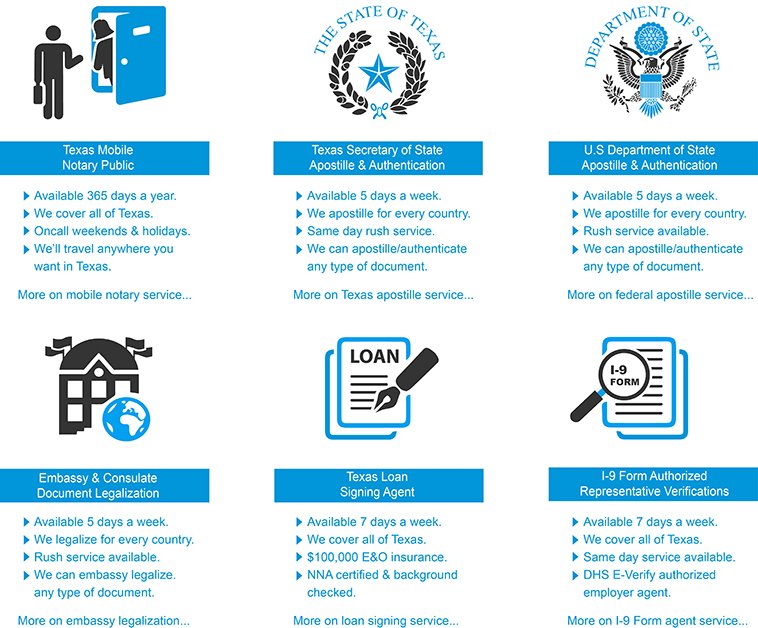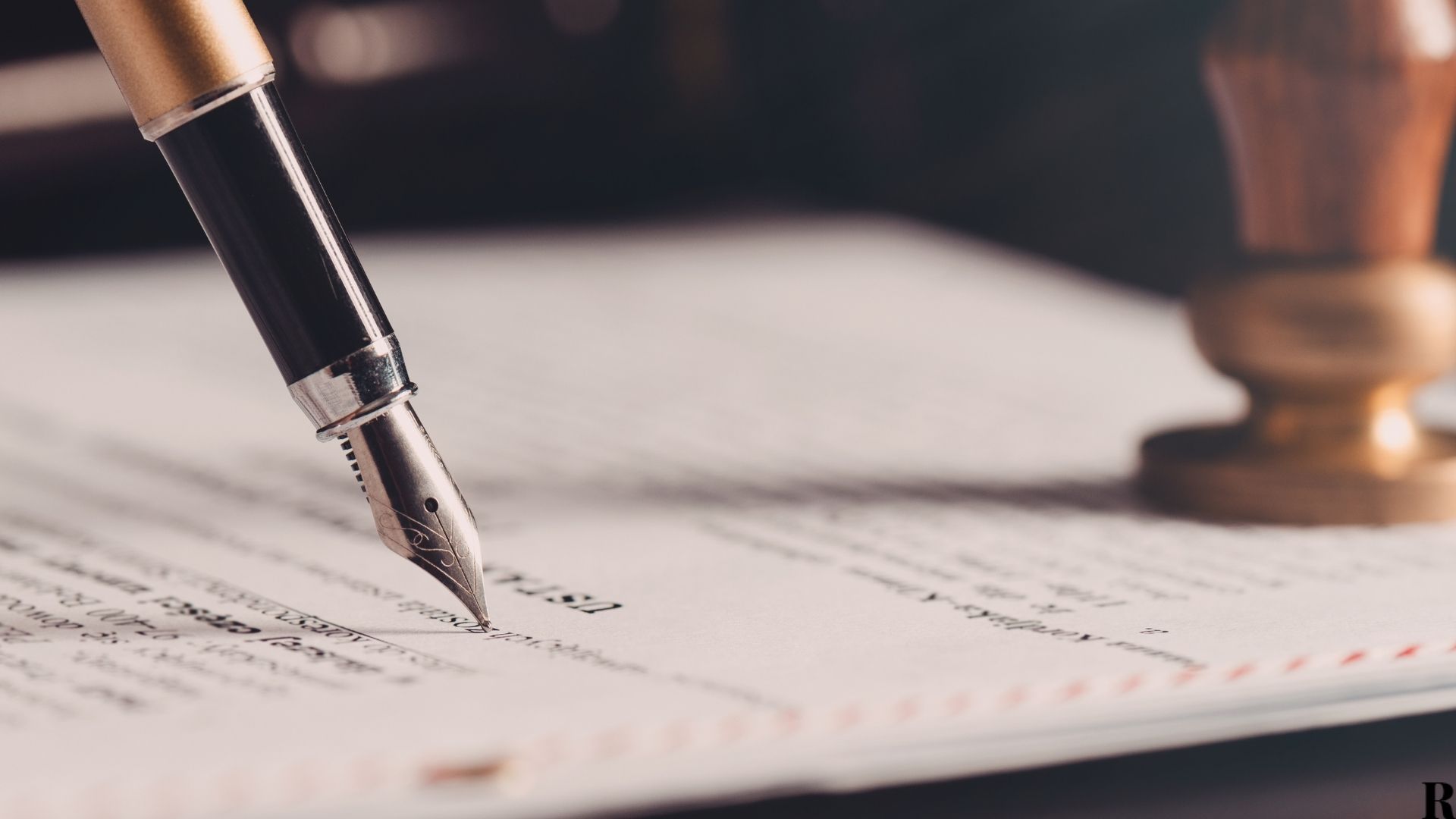DIRCO Rules Demystified: A Guide to Diplomatic Procedure
DIRCO Rules Demystified: A Guide to Diplomatic Procedure
Blog Article
Debunking Notarial Job: Simplifying the Duty and Value of Notaries
Their duty, usually shrouded in mystery for numerous, lugs substantial weight in making certain the credibility and integrity of important papers. By unwinding the intricacies dropping and bordering notarial methods light on the importance of their acts, a more clear understanding arises of the essential role notaries play in supporting the textile of legal and legal agreements.
The History of Notarial Work
Just how did notarial work develop gradually to end up being an indispensable part of lawful and company purchases? The background of notarial job days back to ancient civilizations, where scribes played a vital function in taping crucial info and authenticating papers. As societies proceeded, the requirement for a much more formalized system to guarantee the credibility of arrangements developed. This led to the growth of notaries, people selected by the state to work as objective witnesses in lawful issues.
During the Center Ages, notaries obtained prominence in Europe, with their features broadening to consist of drafting lawful documents, accrediting trademarks, and protecting documents. The surge of worldwide trade additionally stressed the significance of notarial job in confirming agreements and arrangements across boundaries.
In the modern-day era, notaries remain to play an important function in legal and organization deals by verifying identities, verifying the credibility of documents, and protecting against fraud. Their function in accrediting the validity of agreements includes a layer of safety and depend the ever-evolving landscape of business and regulation.

Duties and Responsibilities of Notaries
Notaries play a crucial function in validating the authenticity of files and the identity of signatories. One of their key responsibilities is to witness the signing of crucial papers, such as wills, deeds, and agreements, to make sure that all parties are entering into contracts purposefully and willingly.
Moreover, notaries are entrusted with administering oaths and affirmations, which are crucial in lawful process and the implementation of affidavits. They license copies of original records, offering guarantee to establishments that the copies are true reproductions of the originals. Notaries should preserve exact records of all deals they look after to guarantee openness and liability. Generally, the duties and duties of notaries are crucial in securing the stability and legitimacy of different records and transactions.
Notarial Certificates and Signatures
Exemplifying careful attention to information, notarial certificates and trademarks function as important parts in validating the credibility of lawful documents. Notarial certificates generally include critical information such as the date of notarization, the names of the notaries, a summary of the document, and the notary's main seal. These certifications provide a clear document of the notarial act, guaranteeing that the record can be conveniently identified and traced back to the notary that oversaw the process.
Trademarks play an essential duty in notarial work, as they indicate the agreement and permission of the celebrations entailed. Notaries very carefully witness the signing of Recommended Site documents to confirm the identity of the signatures and confirm that they are authorizing of their very own free will. By fastening their main seal and signature to the file, notaries certify that the required procedures have been followed which the record is legitimate and enforceable.
Essentially, notarial certificates and signatures are the hallmark of credibility in lawful deals, giving assurance to all events involved that the records are genuine and binding.
Value of Notarial Acts

Registration Refine Clarified
Clarifying the registration procedure supplies clearness on the essential actions involved in validating lawful papers. The registration process commonly starts with the private offering the document to a notary public. The notary then confirms the endorser's identity via acceptable recognition methods. When the identity is validated, the notary guarantees that the individual authorizing the paper does so voluntarily and with no browbeating.

Final Thought

Notarial certificates normally have crucial details such as the date of registration, the names of the notaries, a summary of the document, and the notary's official seal. These certificates supply a clear record of the that site notarial act, ensuring that the file can be conveniently determined and mapped back to the notary who looked after the process.
By affixing their official seal and trademark to the paper, notaries certify that the essential treatments have actually been adhered to and that the record is legitimate and enforceable.
By verifying the identity of the signatures, validating their willingness to get in into the arrangement, and accrediting the day and area of the signing, notaries play a crucial function in promoting the legitimacy of lawful files.After the file is signed, the notary will attach their main seal or stamp onto the file.
Report this page